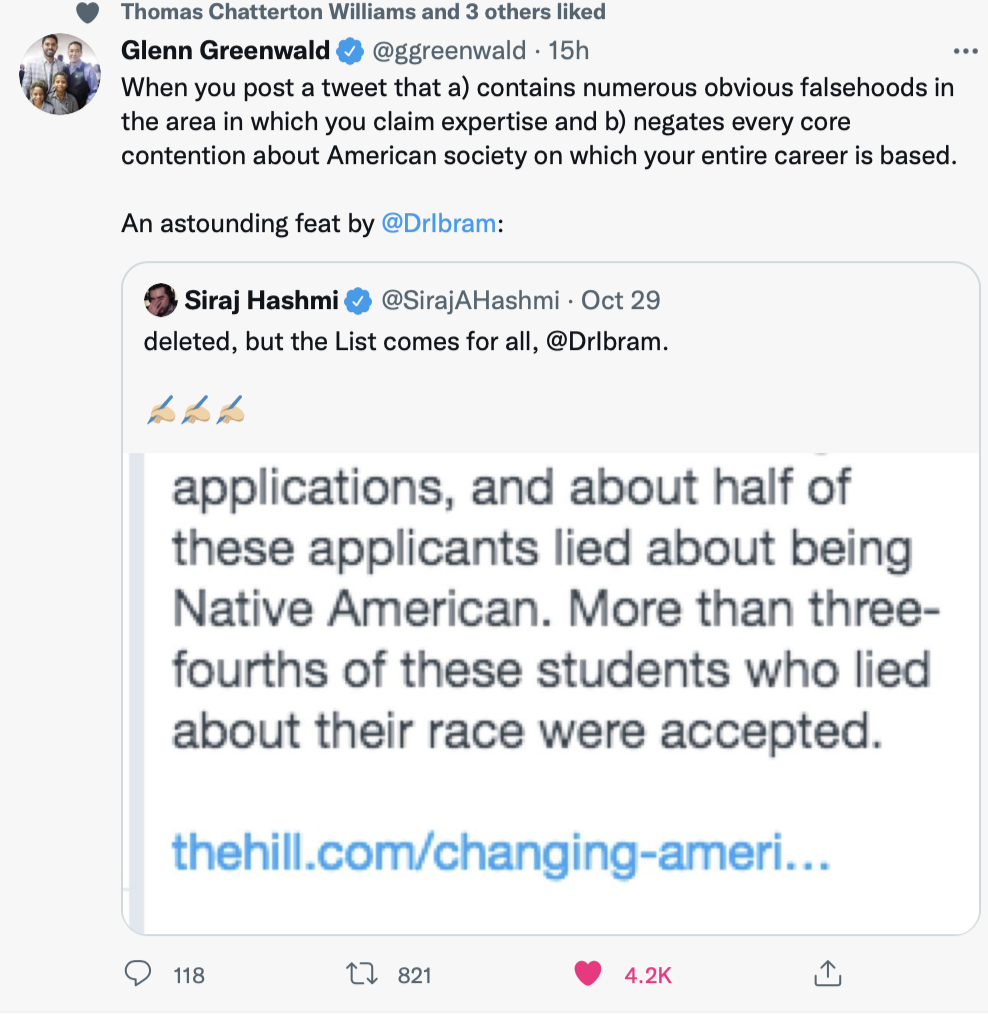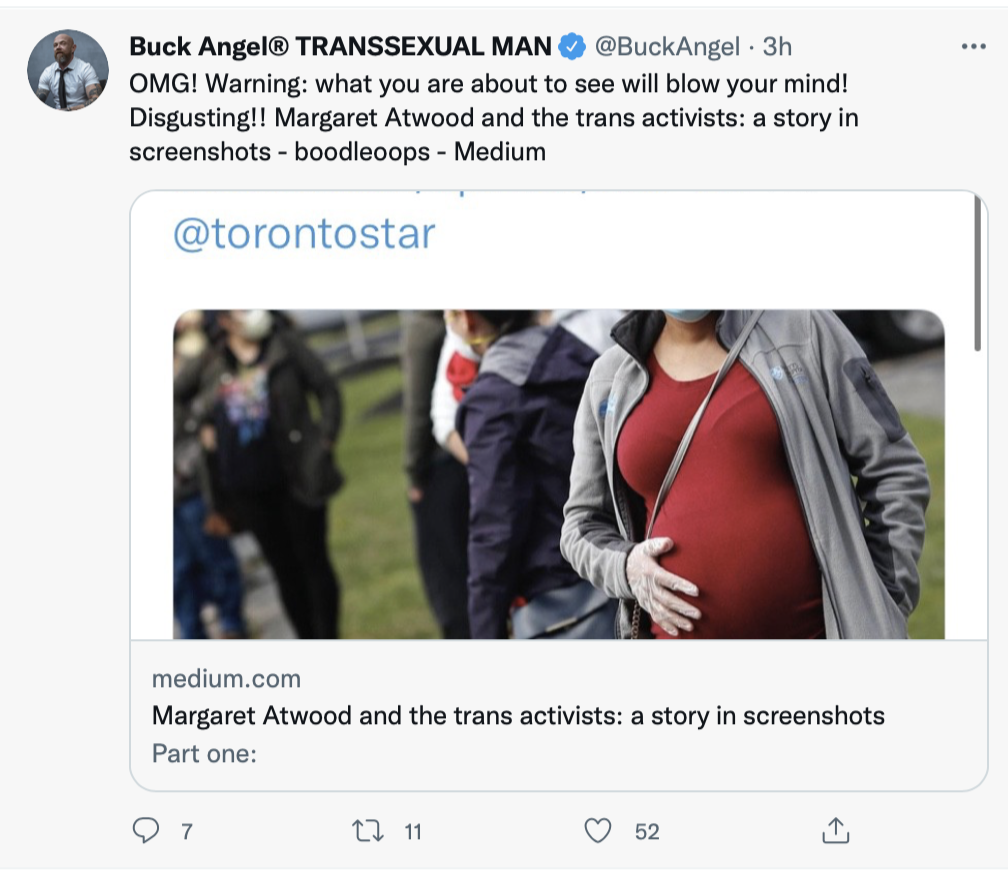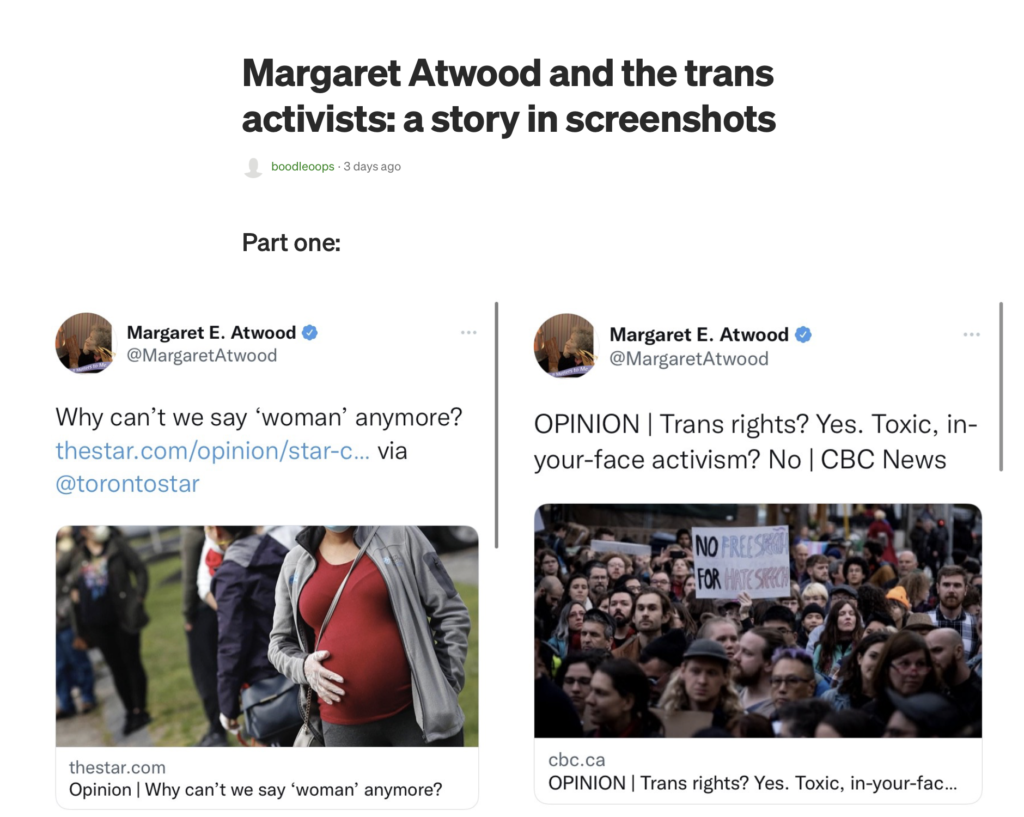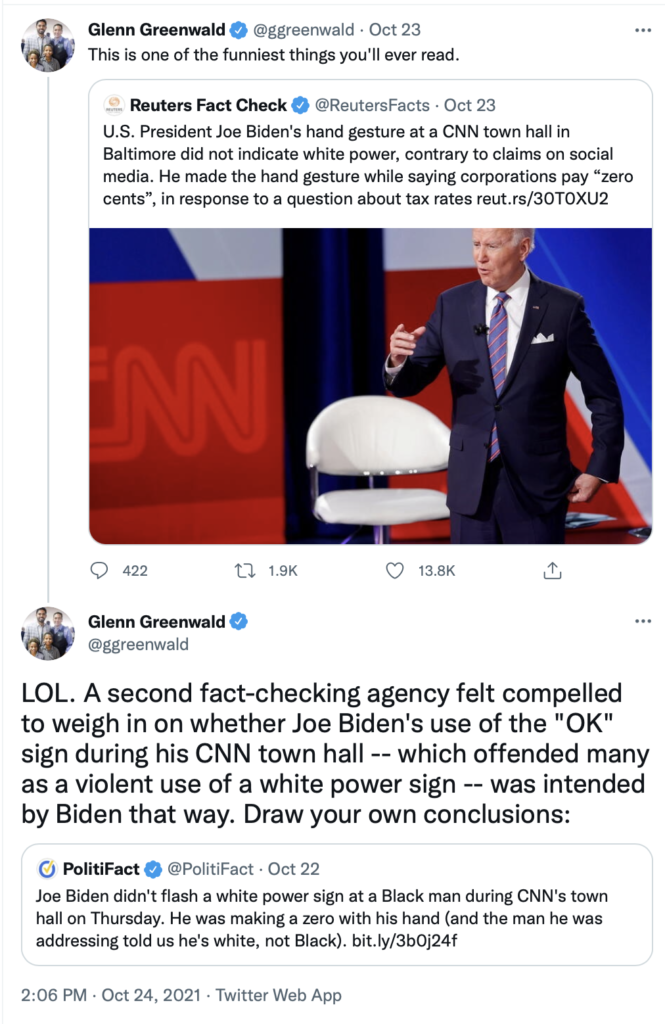This article about the dumbing down of American students quotes Camille Paglia:
What has happened is these young people now getting to college have no sense of history – of any kind! No sense of history. No world geography. No sense of the violence and the barbarities of history. So, they think that the whole world has always been like this, a kind of nice, comfortable world where you can go to the store and get orange juice and milk, and you can turn on the water and the hot water comes out. They have no sense whatever of the destruction, of the great civilizations that rose and fell, and so on – and how arrogant people get when they’re in a comfortable civilization. They now have been taught to look around them to see defects in America – which is the freest country in the history of the world – and to feel that somehow America is the source of all evil in the universe, and it’s because they’ve never been exposed to the actual evil of the history of humanity. They know nothing!
There’s one exception to this, however. Even while today’s students have not been taught knowledge, they have also been taught not to bully a person on the basis of their race, class, gender, or any other trait.




